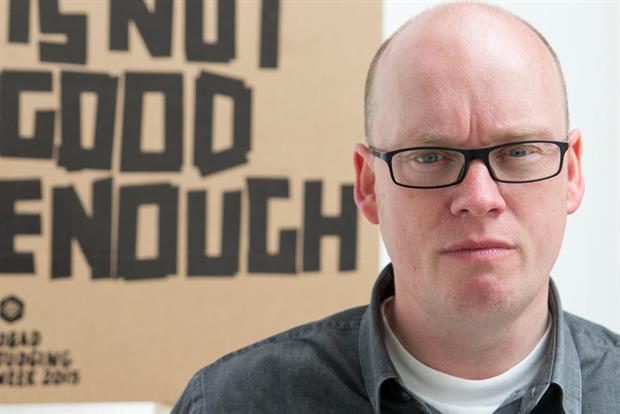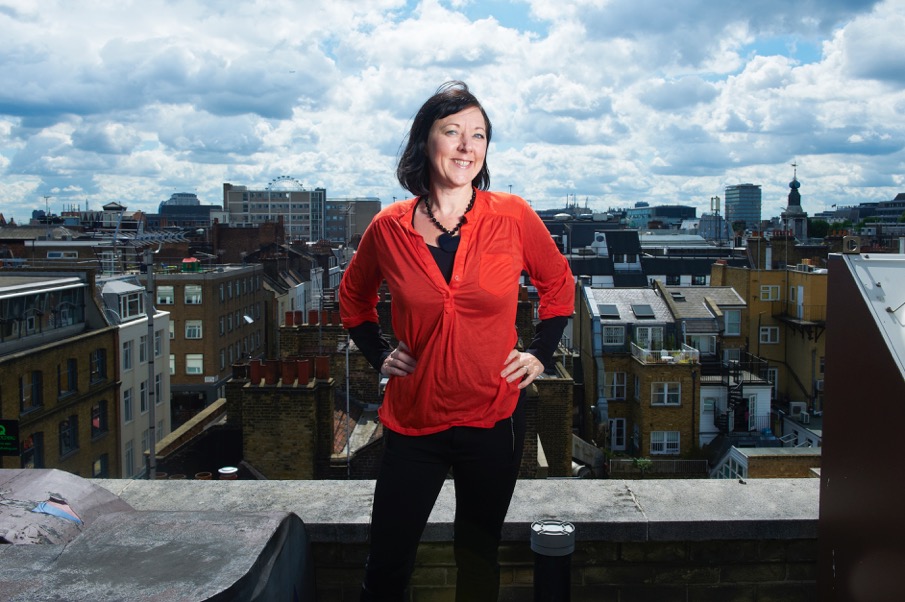What should the new government do for designers?
We speak to industry figures about what they hope the Conservatives will achieve for the design sector in the next Parliament.

“Having cut the deficit, Britain is in an increasingly strong position and it’s a course worth holding. Britain is famed worldwide for its inventiveness and creative edge: those characteristics underpin economic growth nationwide, not just in our own sector, and I would like to see them properly quantified and nurtured. The combination of a strong government and highly vocal organisations – the DBA, CIF and LEPs, for example – empowered to advocate for and act on behalf of their own constituents, gives us power as a nation. It is also crucial that the Government fosters interaction between business and schools: this will help to shape the next generation of British talent.”

“The Government is thankfully now acknowledging the UK design industry’s global reputation and influence, and indeed the huge contribution it makes to the coffers of the country. We have an inherent natural talent and are acknowledged as world leaders, so why are we not putting creative education at the heart of the curriculum instead of marginalising it? Around the world, global investment and enthusiasm in creative education is actually rising rapidly, so why is ours being strangled? I am looking for the Government to seriously rethink the current National Curriculum and support, encourage and nurture our future generation of creative talent at this critical early stage of their lives – just imagine what we could achieve then.”

“The UK is in a race to compete with emerging economies, driven by fear. Our government believes that we need more academics – and we need them fast. The solution? STEM: Science, Technology, Engineering and Maths. It’s Nicky Morgan’s deft rebrand of Gove’s hugely unpopular EBacc proposals – an educational policy which sidelines the creative subjects for ‘more’ academic qualifications – and which the creative industry believed was defeated in 2012.
Well, EBacc is back – like a recurring nightmare – only now its called STEM. Just what kind of grey future are we designing? I believe creativity is the very DNA of a successful economic future for the UK. The creative skillset should be thought of as a fundamental partner to each STEM subject, as bonding pairs, not as either/or enemies of academia. How will our young people make leaps, think laterally and problem solve without creativity? This is not about right versus left brain, this is an opportunity for national, ‘one brain’ thinking.
STEM needs to evolve into STEAM fast, Mr Cameron. A is for The Arts: fundamental to our nation’s economic future. The Conservative vision for the UK’s education is a myopic one where creativity makes way for more academic achievements. We need a government that believes in a future where creative ability can be amplified by education, regardless of privilege.”

“The British Government, and particularly the UKTI, has been hugely successful in promoting the export of British design. I would ask that this assistance to UK design businesses is continued with a strong emphasis on support for the entrepreneurial talents of our design community. This will directly contribute positively to the UK economy. In addition, with the booming landscape of digital, it should recognise that design and design-thinking are every bit as important as the STEM subjects. I’d like to see further recognition and promotion of the innovative companies who successfully mix design and technology to produce digital excellence. The UK is a key international financial centre – it could, and should, be a key international digital centre of excellence.”

“Many designers are freelancing soletraders or run very small agencies, and instead of just creating policy for big businesses the new Government should start investing more in these microbusinesses, who make a huge contribution to the UK economy. 95 per cent of all businesses are very small but very few are profitable, with very little government research and knowledge available (see last year’s EU VAT Moss debacle). They need a bigger say in government, HMRC needs to communicate better to them, and they need practical support such as tax breaks, help with childcare costs, equal access to pensions, and decent broadband across the UK to run online businesses.”
-
Post a comment




